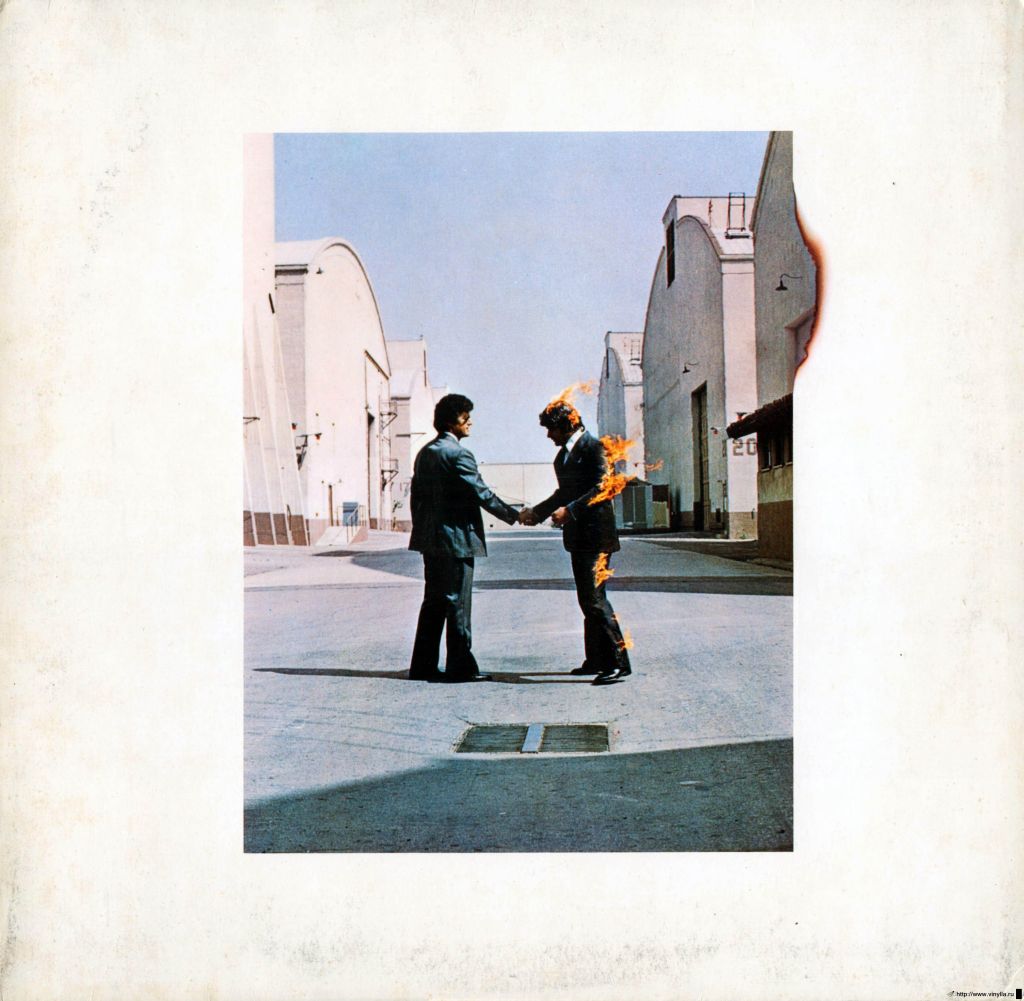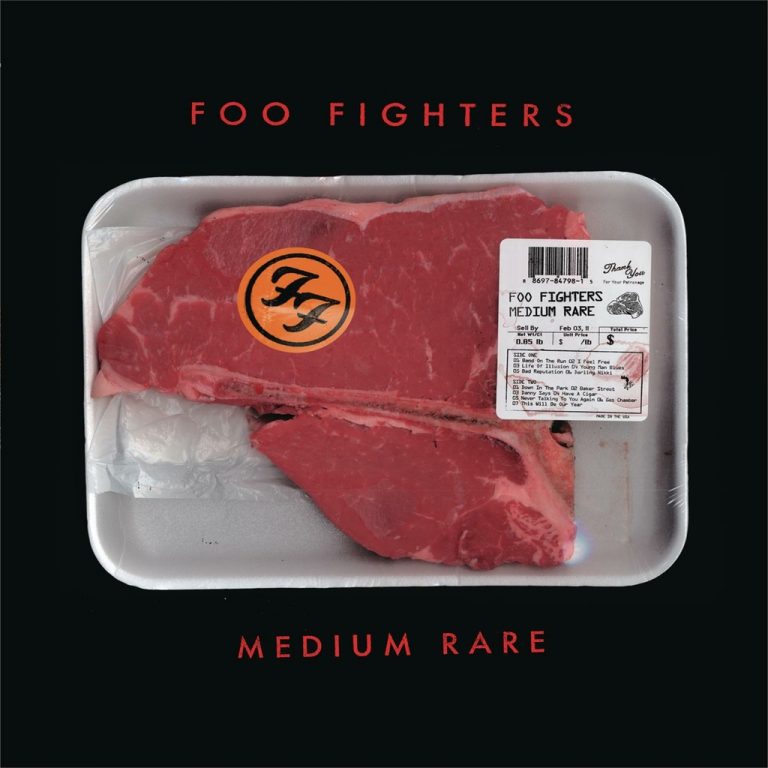Full disclosure: I’m a massive Pink Floyd fan.
In what sounds like a terribly ironic statement, the Floyd helped me through my teenage years (when nine inch nails and RHCP took over), developed my analytical love of sound engineering, and really helped me appreciate the full scope of a band’s versatility through their career.
I’ve seen them live twice (as well as Roger Waters’ solo performance of The Wall), own many special-edition CDs and vinyl, and can glance up to my updated copy of The Visual Documentary by Miles.
So, when I heard that Foo Fighters had covered Have a Cigar, from 1975’s Wish You Were Here, I was a little apprehensive, but tried to listen with open ears.
It starts with a bassline I wouldn’t recognize as Have a Cigar had I not known what I was listening to, before kicking into the crunchy guitar sound I can only call very Foo.
Obviously, as a modern take on the song, the production and performance is tight and crisp, which helped me treat it as a derivative in my overprotective narrow mind. =)
But when the vocals kicked in, I was taken aback. That certainly wasn’t Dave Grohl, was it? Nope. Brian frickin May from Queen performs the vocals on this tune.
There are actually two different versions of the song. The original (which you may hear above) begins with the bassline and — in a fun tribute to music in the ’70s and ’80s — fades out.
The Medium Rare remix begins w/ vocals phasing into the song already-in-progress, ending with more ridiculous phasing, sounding like it’s gonna end cold, but fading needlessly just before the finalé.
When a cover version tries too hard to match the original, I can’t help but feel it’s a wasted effort. If you’re gonna make it your own, make it your own. Well, Foo and May most certainly made this cover their own.
The constant breaks, very Foo guitar, and most contrasting voice possible (from Roy Harper, who sang the vocals on the original; one of only two guest vocalists on Pink Floyd songs) make this a fitting tribute to the original while most definitely breaking out on its own to introduce a new audience to classic music.



